Silent Hill f is riding the wave of goodwill established by the fantastic Silent Hill 2 remake last year, and it seems to be going smoothly so far. That is to say, audiences are generally excited for this radically distinct take on the Silent Hill series, marked by a particularly obvious shift in setting from small-town Maine to small-town Japan.
But aside from the positive reception of Silent Hill 2‘s remake, a lot of the positive buzz surrounding Silent Hill f can be attributed to its talent pool, specifically its lead writer Ryukishi07. A self-proclaimed long-time fan of the Silent Hill franchise, Ryukishi07 was quickly hailed as one of the best possible options for its next outing. But many gamers, especially those in the west and unfamiliar with contemporary Japanese media, might be wondering why exactly this is the case, and why the writer is so prominently featured in Silent Hill f‘s marketing.

Related
How Silent Hill f Could Be Taking the Series’ Body Horror to the Next Level
Silent Hill has never shied away from the grotesque, but Silent Hill f looks like it will be turning the body horror elements up a notch.
Why Ryukishi07 Is Such a Great Pick for Silent Hill f
Ryukishi07 Is Best Known for the When They Cry Series
In the mid-2000s, Ryukishi07 formed 07th Expansion, a group of amateur creatives looking to craft meaningful and unique stories. Totally untethered from the games and manga industries, 07th Expansion created the first When They Cry game on a shoestring budget, launching a self-sustained, grassroots marketing campaign to get the fledgling series off the ground. Despite its rudimentary design and miniscule production value, When They Cry quickly gained traction with online audiences, eventually growing into a wide-spanning franchise—a testament to the strength of Ryukishi07’s writing.
The series is broken into eight separate entries and follows a number of different self-contained horror stories, which regularly leverage motifs like the occult and paranoia. The games are visual novels—or sound novels, as Ryukishi07 calls them, due to their emphasis on sound and atmosphere—and are only loosely connected by themes and broader messages, not unlike the Silent Hill franchise itself.
The plot of the series itself is rather hard to summarize, not just because of spoiler concerns, but also because it’s cerebral and somewhat confusing at times. What’s important for the prospective Silent Hill f player to know is that they are very Japan-centric, often criticizing and dissecting Japanese politics and culture through their supernatural and bizarre stories. Moreover, the games are incredibly psycho-centric, putting the player in unsettlingly intimate and often troubling narrative scenarios, which birth the deep horror that the series evokes. Just based on these high-level, broad-strokes elements, it should be fairly clear why Ryukishi07 seems so well-suited to Silent Hill.
Why Ryukishi07 Is Such a Great Choice for Silent Hill f
On their face, Silent Hill games are about haunted towns and demonic beings, but in reality, they are about people. For instance, it’s not the disturbing appearance of Pyramid Head that makes him so scary—it’s what Pyramid Head represents for protagonist James Sunderland. The When They Cry franchise can be described in much the same way, as while the games often center on murders, supernatural entities, and inexplicable, Lovecraftian horrors, it’s themes of guilt, trauma, and love that make them so affecting.
The first When They Cry arc, Higurashi When They Cry, takes place in a fictional Japanese town called Hinamizawa, based on the real town of Shirakawa. Ryukishi07 is once again blending the real with the fictional through Silent Hill f‘s setting, which is based on the real town of Kanayama.
Ryukishi07 is certainly a singular writer, and his work’s focus on relatable psychological horror makes him a strong choice for Silent Hill f. And with Konami’s stated interest in making Silent Hill f a particularly Japanese story, focusing on explicitly Japanese themes, Ryukishi07’s history of cultural critiques could mean an even more engaging and mature game narrative.
Source link
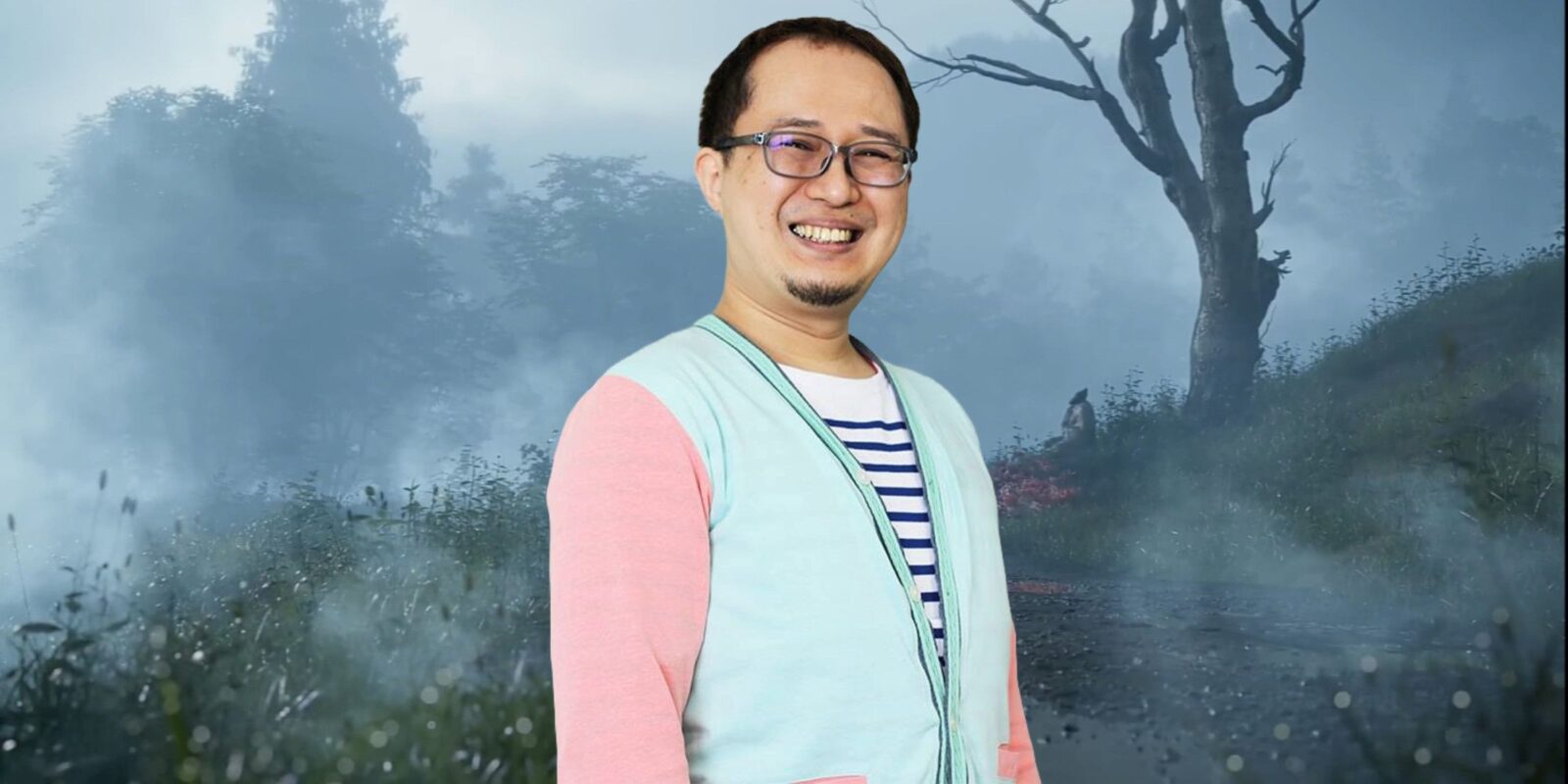
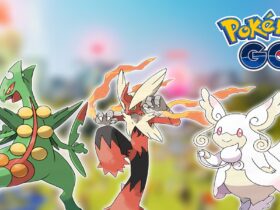
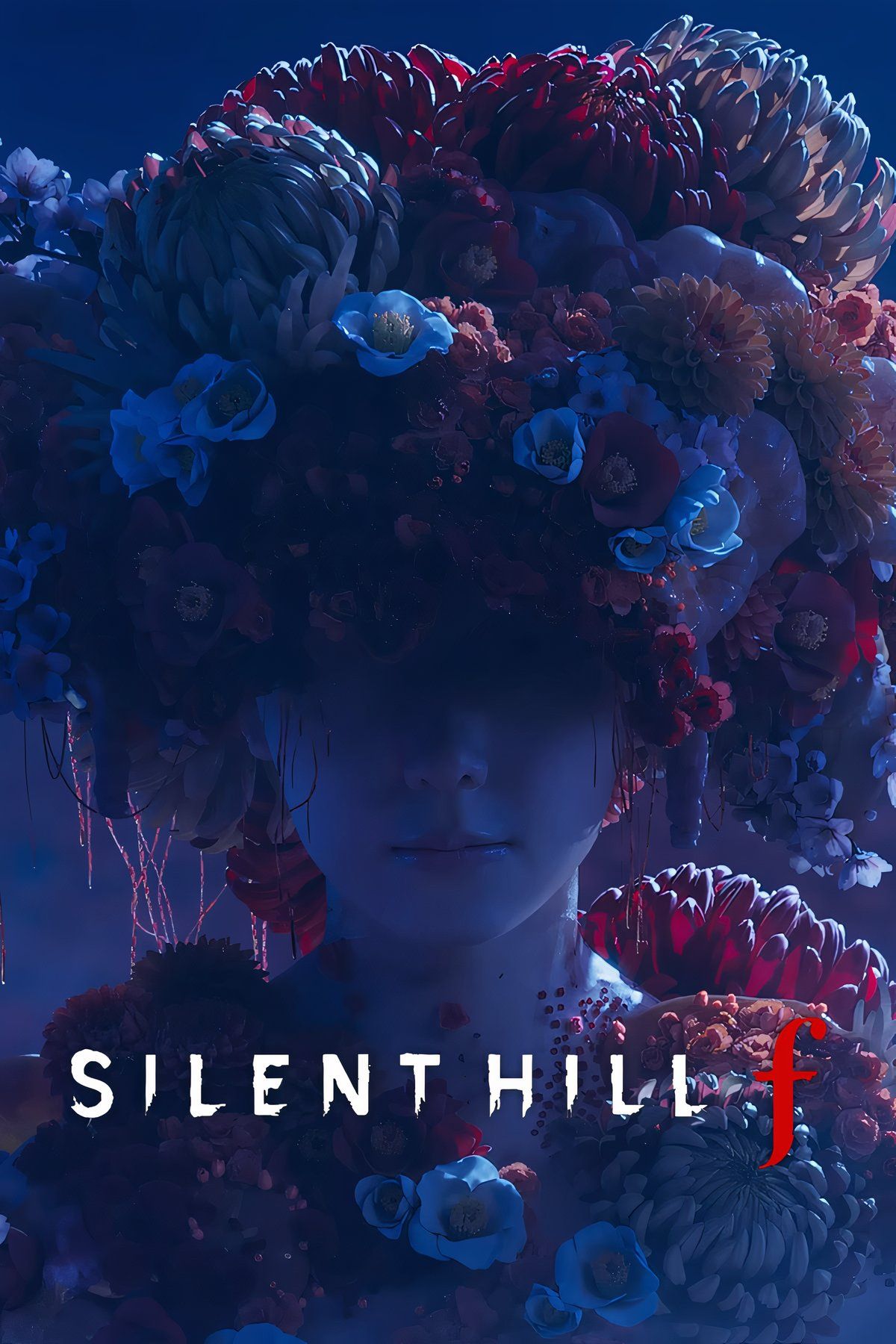


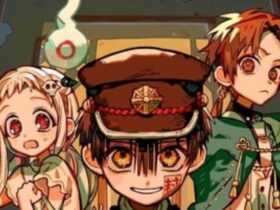
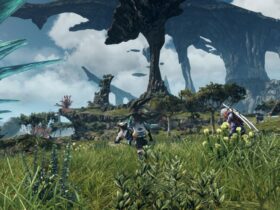

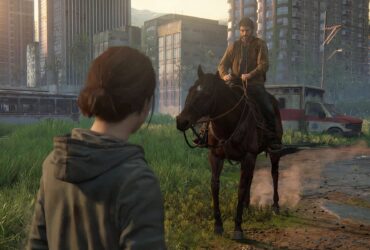

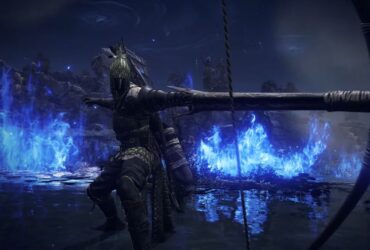

Leave a Reply